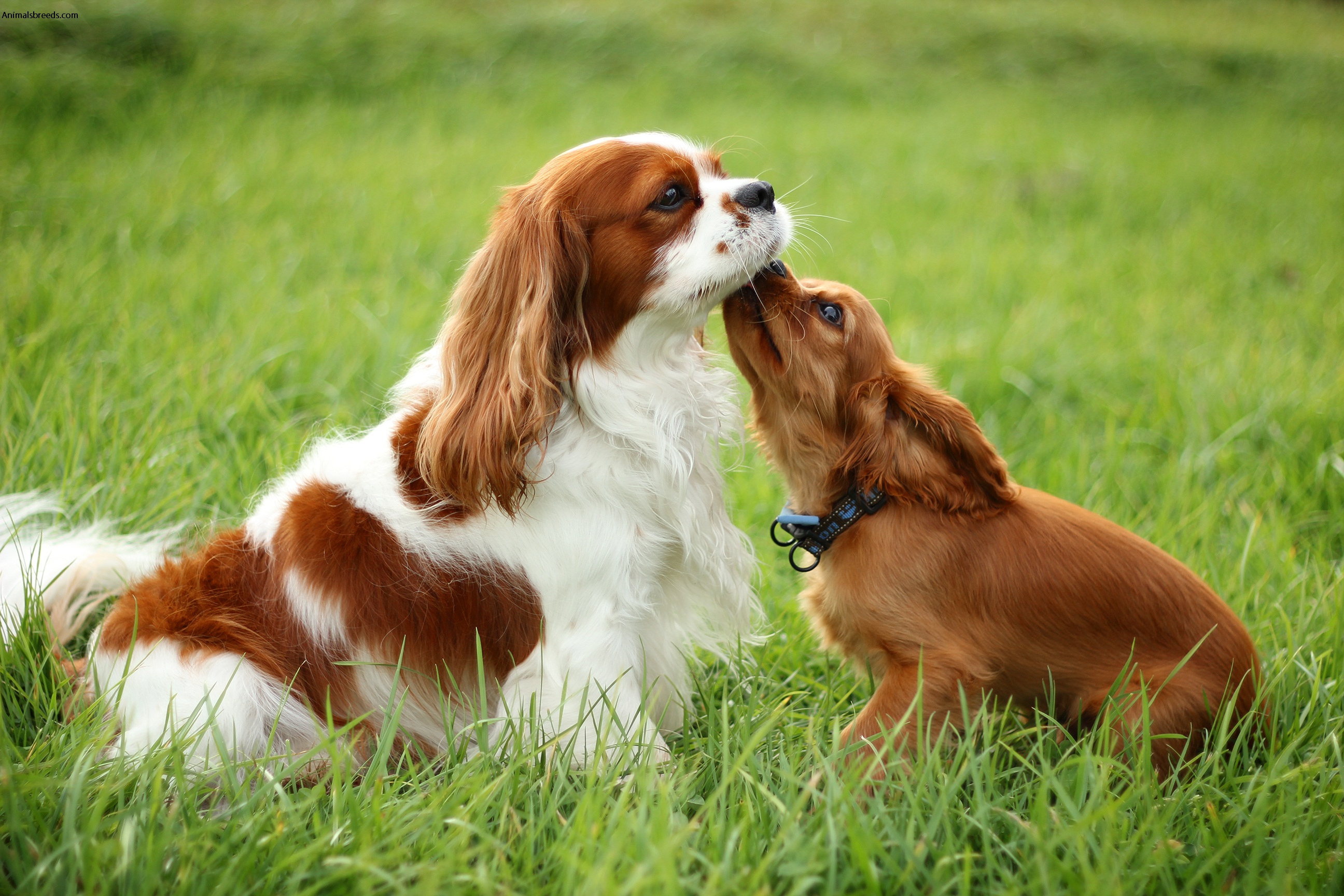The Intricate Temperament of Cavalier King Charles Spaniels: A Comprehensive Analysis
Cavalier King Charles Spaniels, with their captivating appearance and gentle demeanor, have long held a special place in hearts around the globe. However, beneath their charming exterior lies a multifaceted temperament that warrants careful examination. This essay delves into the complexities of the breed's temperament, exploring its strengths, vulnerabilities, and the factors that shape its development.
A Temperament of Duality
The Cavalier's nature is a delicate balance of loyalty and fragility. They are exceptionally affectionate dogs, renowned for their unwavering devotion to their human companions. Their eagerness to please and playful spirit makes them beloved family pets. However, this deep emotional bond can also render them prone to separation anxiety and stress.
Genetic Predispositions and Temperamental Traits
Genetic inheritance plays a significant role in shaping a Cavalier's temperament. Responsible breeders strive to maintain the breed's desirable characteristics, but certain genetic predispositions can influence temperament. For instance, some lines may exhibit a more timid nature, while others may be more outgoing.
Beyond genetics, environmental factors also exert a profound impact on a Cavalier's temperament. Early socialization, positive training experiences, and a nurturing environment can foster a confident and well-adjusted dog. Conversely, negative experiences, such as abuse or neglect, can lead to anxiety or aggression.
A Spectrum of Temperaments
It is crucial to recognize that the Cavalier King Charles Spaniel breed encompasses a wide range of temperaments. While the breed standard describes an ideal temperament, individual dogs may deviate from this norm. Some Cavaliers may be naturally more assertive or independent, while others may be more sensitive or submissive.
Understanding the variability in temperament is essential for responsible ownership. Prospective owners should carefully consider their lifestyle and home environment to ensure that it aligns with the potential temperament of the dog they choose.
The Impact of Health on Temperament
The physical health of a Cavalier can significantly influence its temperament. Chronic pain or discomfort can lead to irritability, aggression, or withdrawal. For example, the breed is prone to certain health conditions, such as mitral valve disease, which can cause heart murmurs and lead to anxiety or lethargy.
Regular veterinary checkups and prompt treatment of any health issues are crucial for maintaining a Cavalier's well-being and ensuring an optimal temperament.
Training and Management Strategies
Training and management play a vital role in shaping a Cavalier's temperament. Positive reinforcement training techniques, such as clicker training, can effectively encourage desired behaviors while minimizing stress. Additionally, establishing clear boundaries and providing ample socialization opportunities help foster a well-adjusted dog.
In cases where a Cavalier exhibits significant behavioral challenges, professional help from a certified animal behaviorist or veterinarian may be necessary to address underlying issues and develop appropriate interventions.
Conclusion: A Breed of Contrasts and Complexities
The Cavalier King Charles Spaniel's temperament is a captivating tapestry of contradictions and nuances. While their loyalty and affection are among their most endearing qualities, their susceptibility to separation anxiety and stress requires careful consideration. Genetic predispositions, environmental factors, and health conditions can all influence the development of a Cavalier's temperament.
Understanding the complexities of this breed's temperament is essential for responsible ownership. By providing a nurturing environment, engaging in positive training, and addressing health concerns promptly, owners can help foster a Cavalier that embodies the breed's charming and affectionate nature while mitigating potential vulnerabilities.
The Cavalier King Charles Spaniel serves as a reminder that even within the confines of a breed, there is a remarkable diversity of temperaments. By embracing the intricacies of each individual dog, we can deepen our understanding of the animal-human bond and provide them with the care and companionship they deserve.
Why Australian Shepherds Are So Intelligent
Why Beagles Are Excellent At Tracking And Scent Detection
Are American Bobtail Cats Rare?



